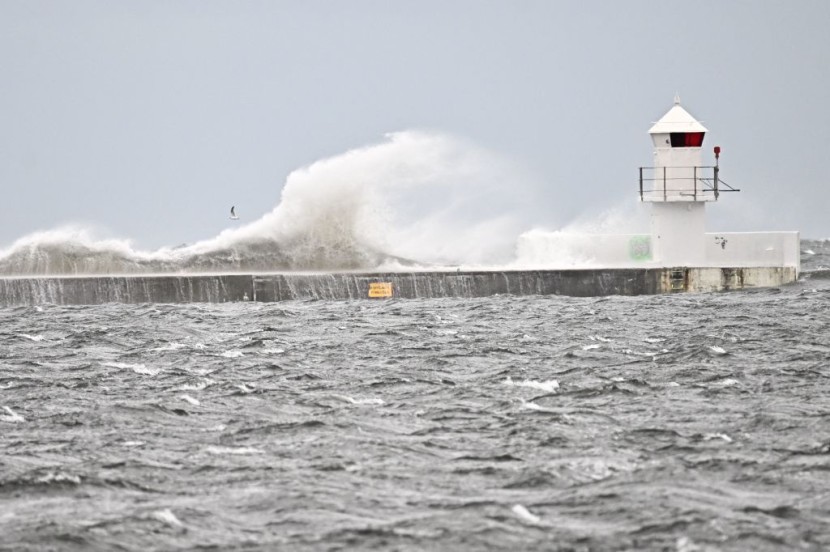Swedish authorities said that their investigation into the September 2022 explosions that shook the undersea Nord Stream gas pipes was over.
The explosions severely damaged the pipelines, which were intended to carry Russian natural gas to Germany. This raised worries about energy security and potential environmental effects, as per ABC News.
Sweden's Nord Stream Probe Ends Over Jurisdiction

The decision to terminate the Swedish probe, which was one of three investigations into the explosions alongside Denmark and Germany, underscores the complexities surrounding the incident. While the investigation in Germany is ongoing, Swedish prosecutors cited jurisdictional limitations for their decision to discontinue their inquiry.
Public prosecutor Mats Ljungqvist of the Swedish Prosecution Authority emphasized the systematic and thorough nature of the investigation but noted that Swedish jurisdiction does not extend to the matter at hand. He refrained from commenting on the specifics of the investigation's findings or implicating any individuals in the sabotage.
Indicating the exchange of relevant documents for the present German inquiry, Ljungqvist appreciated the cooperation with German authorities. Still, the cloak of secrecy surrounding international legal interaction prevented him from sharing further information.
In response to inquiries regarding the implications of Sweden's decision, German federal prosecutors maintained that their investigations are ongoing, opting not to divulge additional information at this juncture. Meanwhile, Copenhagen police, leading the Danish investigation, hinted at an imminent announcement, indicating that their probe is nearing completion, according to Express.
Baltic Sea Explosions Hit Nord Stream Pipelines
The explosions, occurring approximately 80 meters beneath the surface of the Baltic Sea within Sweden and Denmark's economic zones, ruptured both the Nord Stream 1 and Nord Stream 2 pipelines. The incident exacerbated existing tensions amid Europe's efforts to diversify its energy sources in the aftermath of Russia's incursion into Ukraine.
The environmental fallout of the explosions was significant, with extensive damage to local wildlife and the release of substantial volumes of methane into the Baltic Sea, marking a grave ecological disaster. Despite seismic evidence pinpointing the timing of the blasts preceding the leaks, determining culpability remains elusive over a year later.
Speculation surrounding the perpetrators abounds, with unconfirmed reports implicating various actors, including Russia, the US, and Ukraine. The geopolitical ramifications of the incident are compounded by longstanding criticisms of the Nord Stream pipelines, which some argue deepen Europe's dependence on Russian gas.
Russian President Vladimir Putin and other officials have vehemently denied involvement, attributing the explosions to alleged foreign interference aimed at destabilizing Russian energy exports. Conversely, reports suggesting the involvement of a pro-Ukraine group, as surfaced in German media in March 2023, have been met with skepticism from Ukrainian authorities and cautiousness from German officials.
Swedish prosecutors have raised the possibility that the state was involved in the sabotage, but they have issued a warning that it is still difficult to identify the offender with certainty. The closing of the Swedish inquiry highlights the complicated web of legal issues and geopolitical concerns surrounding the Nord Stream pipeline explosions, even while investigations continue in Germany and Denmark, Al Jazeera reported.
Related Article: Orbán Boycotts Parliament Session to Slow Sweden's NATO Bid








